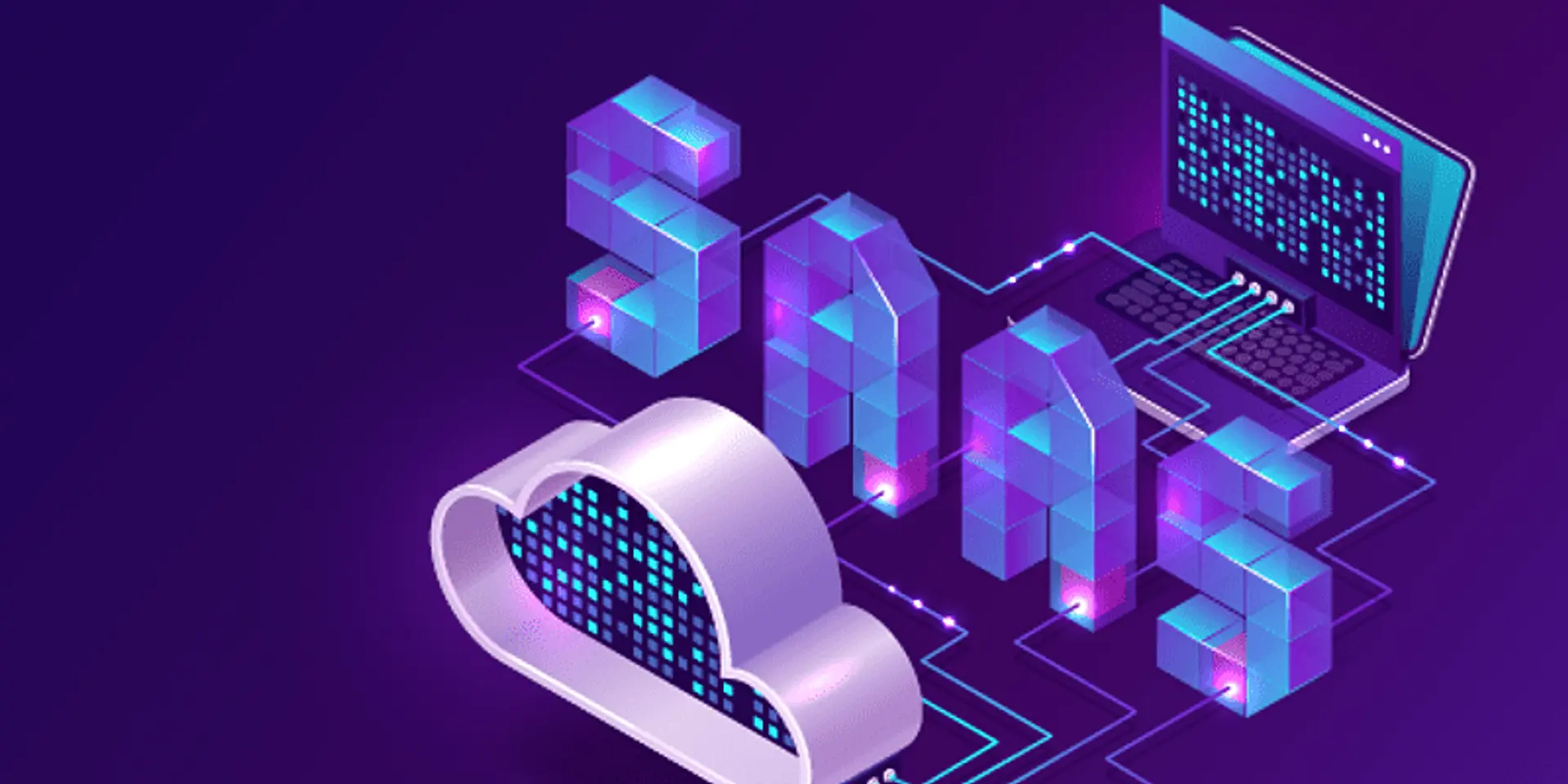India SaaS to transition to IndAI SaaS: Bessemer Venture Partners report
The report analysed key trends in the Indian SaaS market, including growth driven by rapid AI adoption, increased focus on cybersecurity, and expanding cloud usage.
Around 60% of pure SaaS (software-as-a-service) companies are now transitioning into AI-enabled SaaS providers, according to the latest report by global VC firm Bessemer Venture Partners.
The venture capital firm's flagship report, titled “The Rise of SaaS in India 2024,” outlined key predictions and trends in the SaaS market.
With more than half of companies identifying themselves as AI-enabled SaaS and 34% as native SaaS, the lines between traditional SaaS and AI-enabled software are blurring rapidly, the report said. Survey findings further revealed this transition is driven by the increasing demand for more advanced, intelligent solutions that enhance business operations and customer experiences.
“SaaS in India is transitioning to what we call IndAI SaaS. We did a survey of companies and 90% plus of them said that in the last 12 months, they have launched at least one feature using generative AI,” Anant Vidur Puri, Partner at Bessemer Venture Partners told YourStory.
“AI is the next step of software. It's just a logical next progression. You can't take AI out of software—it is a part of it. Hence, SaaS by itself is just software as a service. I think every SaaS company will have to figure out whether it has to be AI-native, AI-enabled, one of those two..because that's where the world is going and your customers are going to demand that,” Puri added.
The report mainly analysed the Indian SaaS market, emphasising growth driven by rapid AI adoption, increased focus on cybersecurity, and expanding cloud usage in the BFSI and manufacturing sectors.
Moreover, the Indian startup ecosystem is set to attract $1 billion in new venture funding in 2024, a 25% increase from 2023. A significant portion of this investment is expected to target AI-focused companies with massive growth potential. In 2023 alone, Indian SaaS unicorns and centaurs collectively generated $5.9 billion in revenue.
India's SaaS market is expected to reach $50 billion by 2030, with the possibility of exceeding this forecast due to rapid AI advancements and their integration into SaaS offerings.
“If you are a software founder today and you have to be thinking about what does AI mean for my roadmap.. in terms of a feature that my customers may want, in view of a development philosophy that my team should be using, one of those two things, at least, if not both, will need to happen,” Puri explained.
Findings revealed around 92% of early-stage software startups in India have adopted AI features by integrating machine learning, natural language processing, and analytics into their SaaS platforms, making software intuitive and capable of automating complex tasks.
India, a leader in the global services sector, is set to strengthen its position in the professional services market due to AI. Currently holding 19% of the $400 billion industry, the country is expected to grow to 28% by 2030. Bessemer attributed this growth to the increasing adoption of AI technologies.
The report further said that India's cybersecurity sector is expected to serve both domestic and global markets.
The domestic cybersecurity market hit $6 billion in 2023, fueled by an expanding talent pool and rising investments. In addition, cyber insurance is projected to grow at 50% annually over the next five years, reaching approximately $800 million by 2030.
The study highlighted the nation’s wealth management landscape transforming due to the growth in demat accounts and assets under management (AUM). In 2023, total demat accounts hit 114 million, with AUM totalling $405 billion. Growing wealth and the financialisation of assets are also driving demand for advanced, tech-enabled wealth management solutions.
Meanwhile, the industrial sector is swiftly adopting AI and cloud technologies, spurred by manufacturing growth and global ESG regulations. Starting in 2024, over 60,000 businesses will be required to publish ESG reports, with this number expected to rise by 50% in the next 3-4 years.
The shift to cloud-based industrial SaaS solutions has supported real-time data analytics, predictive maintenance, and improved supply chain management, essential for boosting productivity and sustainability in industrial operations.
“There were 50 new companies which grew into the $5 -$10 million revenue range in the last 12 months. These two things combined is something that as an investor, I feel really excited about in software… There are a lot of companies which are growing and a lot of companies which are crossing that hundred million dollar range of revenues. So long-term—taking an eight to 10-year horizon, we are really positive on the Indian software story,” Puri said.
Edited by Jyoti Narayan








